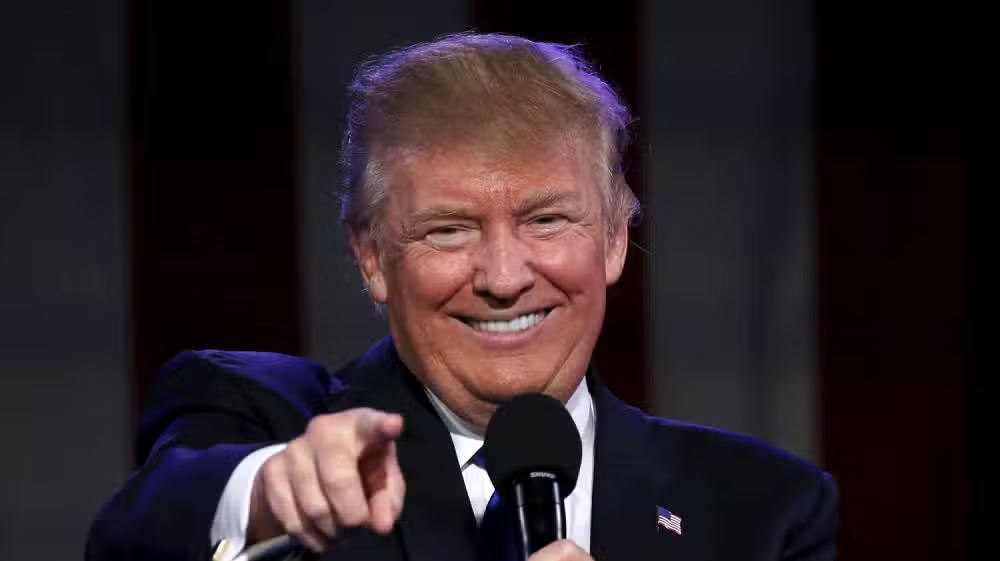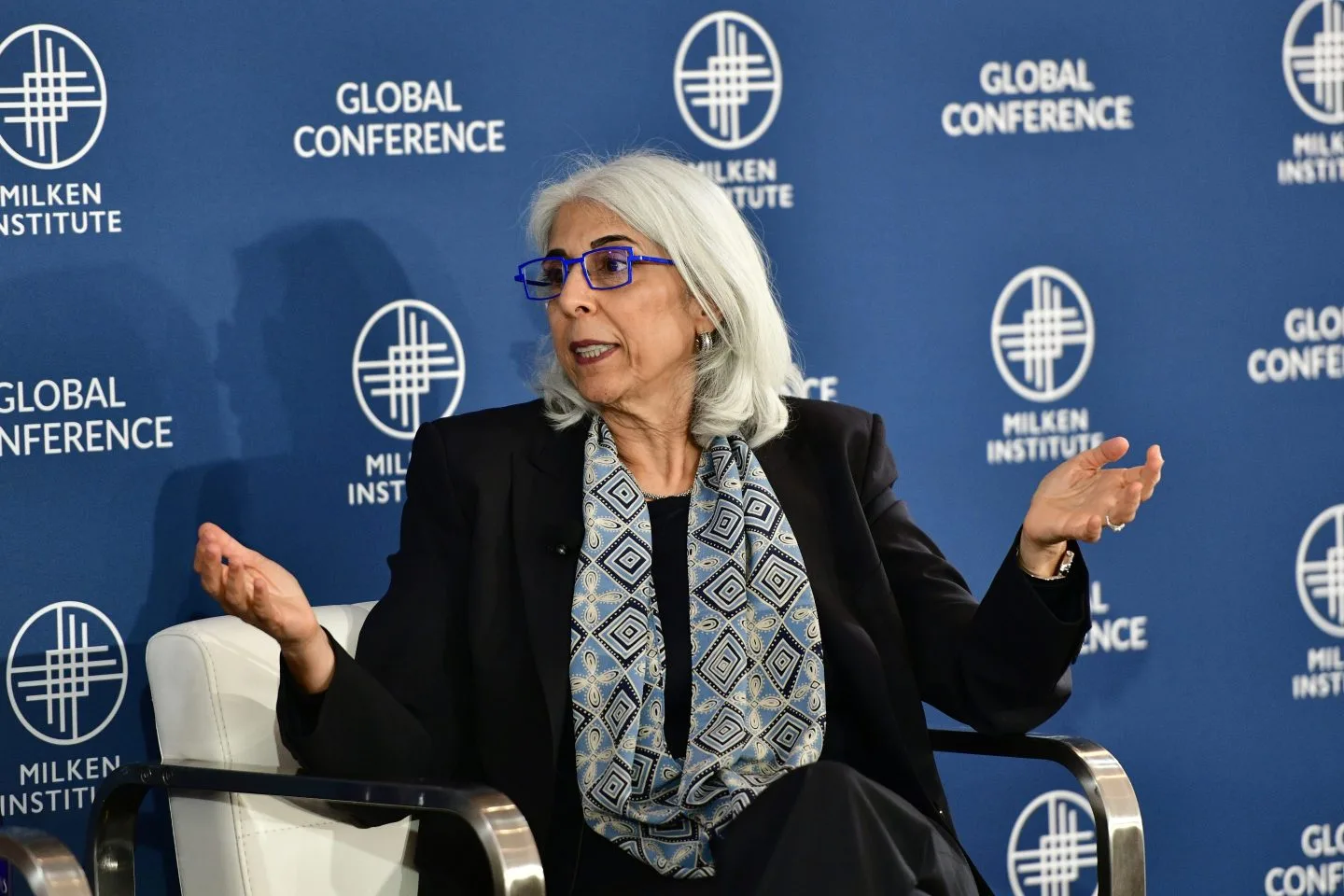In a key policy update, the Trump administration has excluded major electronic items such as smartphones, laptops, memory chips, and hard drives from the newly imposed tariffs. This decision comes as part of broader trade changes targeting imports from China and other nations.
The U.S. Customs and Border Protection (CBP) announced that these exclusions also apply to a 125% additional tariff on specific Chinese goods, and the 10% global tariff on imports from other countries. Essential technology components like computer processors and semiconductor manufacturing equipment are also part of this exemption list.
Why the Exemption Matters
The decision to spare electronics is seen as a strategic move to avoid economic backlash from tech companies and consumers. Imposing tariffs on widely-used devices could have led to major price hikes and affected everything from school supplies to corporate IT infrastructure. By keeping costs stable, the administration appears to be balancing trade pressure with economic stability.
A memo from the White House also confirmed that this exemption applies to small-parcel shipping. Previously, President Trump had significantly increased the shipping duties on low-value international packages. This change provides some relief to small businesses and eCommerce platforms that rely on global shipping for day-to-day operations.
Tariffs Still in Place
While electronics have been spared, many tariffs still remain. A 20% duty still applies to selected Chinese goods as part of a measure to pressure China over the fentanyl issue. Additionally, older tariffs, including those introduced before Trump’s presidency, are still in force for many imports.
Goods not specifically included in the exemption list will continue to face customs fees, depending on their category and origin. These mixed signals have led to uncertainty among businesses that depend on foreign parts for assembly and distribution.
Tech Companies Adjust Pricing
Several tech brands have already reacted to earlier tariff changes. Sony and OnePlus, for instance, increased their product prices due to rising import costs. Nintendo even delayed U.S. preorders for its upcoming Switch 2 console, although the launch price remains unchanged.
While the tariff exemptions may cause some brands to reassess pricing decisions, the initial damage in the form of price hikes and production delays has already been done in some areas.
Impact on Semiconductor Supply Chain
One of the most critical elements in the new exemption list is semiconductor manufacturing equipment. The U.S. is working toward strengthening its domestic chip industry, and any disruption in the supply chain could hurt ongoing investments in national chip production.
Industry leaders welcomed the move but remain cautious. They warn that inconsistent policies or sudden tariff changes may discourage long-term investments in tech infrastructure and manufacturing.
The Trump administration’s decision to exempt vital electronics from the new tariff list provides short-term stability for tech companies and consumers. However, the broader trade tensions between the U.S. and China are far from resolved.
Tariffs on other goods and ongoing geopolitical challenges continue to weigh on global trade. For now, exempting smartphones, laptops, and semiconductor tools gives the tech industry a breather—but future changes could easily shift the landscape once again.



